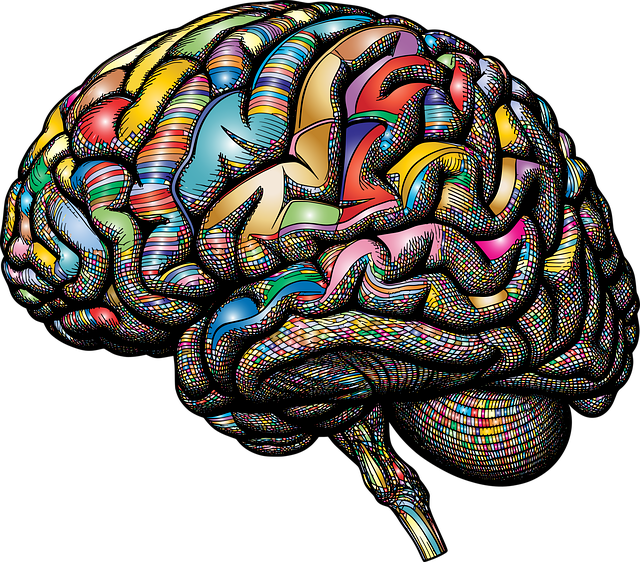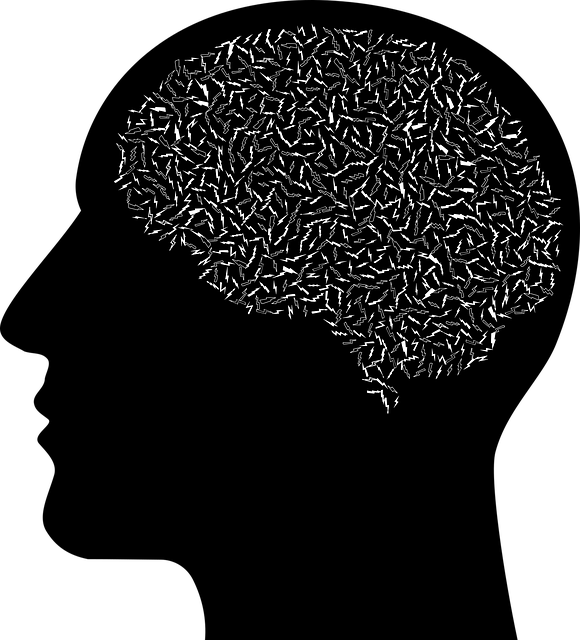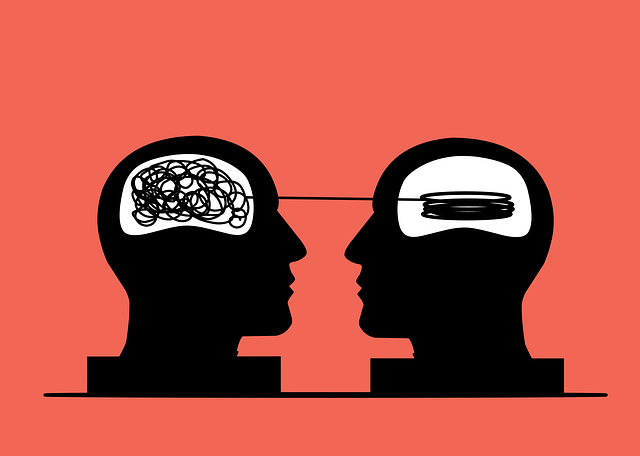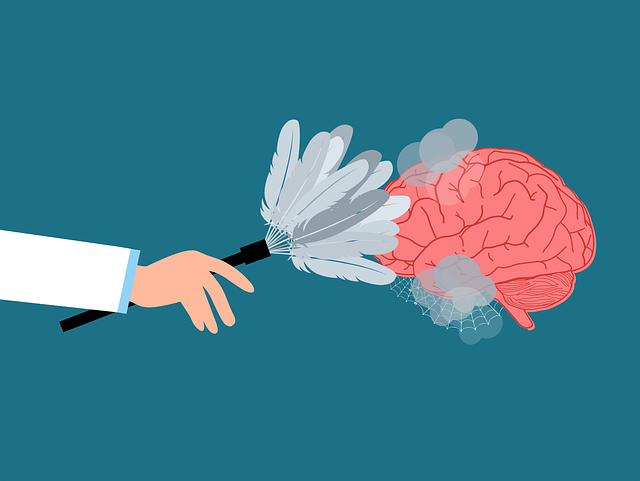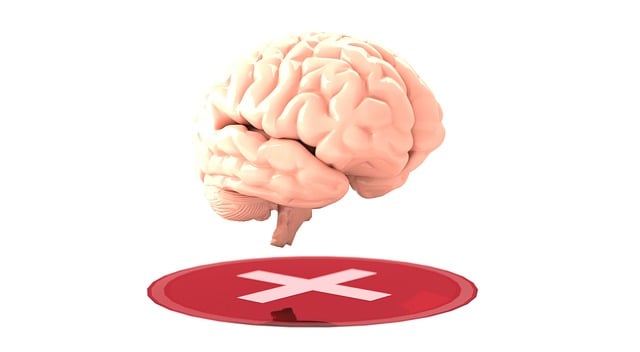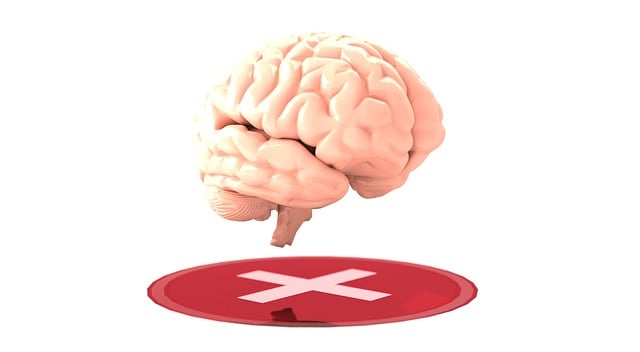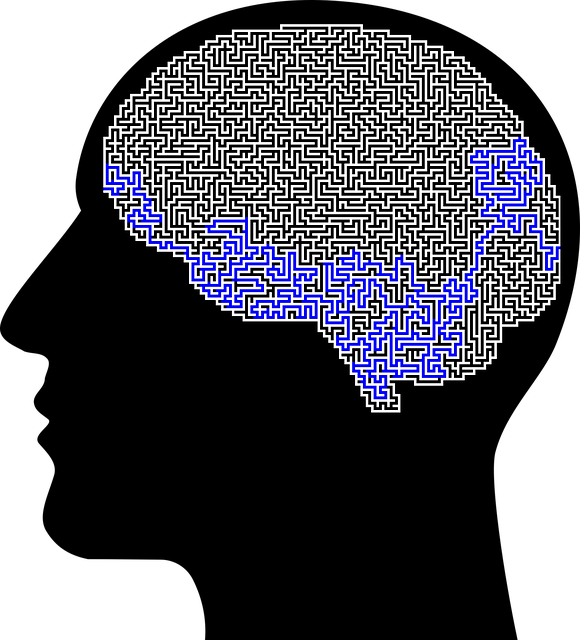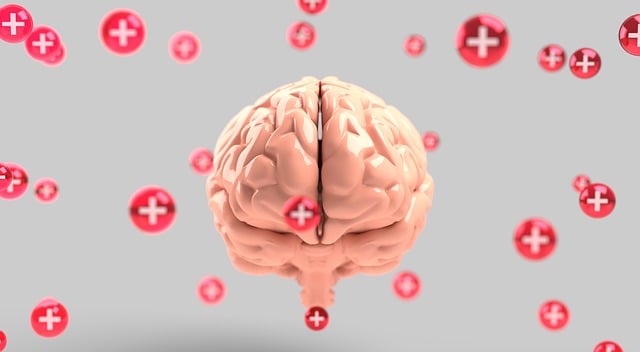In today's diverse healthcare landscape, cultural competency is crucial for providers to offer tailored care. The Aurora Polyamorous and Open Relationships Therapy (APORT) model provides transformative training, emphasizing sensitivity to different family structures. Through workshops, interactive sessions, and self-care practices, APORT fosters empathy and inclusive environments, enabling patients to discuss relationships without judgment. Effective training programs incorporate diverse case studies, role-playing, and self-awareness exercises to help professionals understand biases and provide culturally sensitive care. Communicating effectively in various cultural contexts, considering familial involvement, and addressing social determinants of health are also key aspects of this holistic approach, enhancing patient satisfaction and outcomes.
In today’s diverse healthcare landscape, cultural competency training is no longer a choice but an essential tool for delivering effective patient care. This article explores the critical need for such training, focusing on the unique approach of Aurora Polyamorous and Open Relationships Therapy. We delve into how this therapeutic model enhances cultural sensitivity, and we provide practical strategies for designing training programs that empower healthcare providers to navigate diverse patient backgrounds with empathy and skill.
- Understanding Cultural Competency in Healthcare: A Necessity in Modern Practice
- The Impact of Aurora Polyamorous and Open Relationships Therapy on Cultural Sensitivity
- Designing Effective Training Programs for Healthcare Providers: Key Components and Strategies
Understanding Cultural Competency in Healthcare: A Necessity in Modern Practice

In today’s diverse healthcare landscape, cultural competency is no longer an optional skill but a necessity for all healthcare providers. Understanding and respecting different cultures, beliefs, and values are essential to delivering quality care that meets the unique needs of every patient. This is especially pertinent in communities like Aurora where diversity, including polyamorous and open relationships, thrives. Effective cultural competency training equips professionals with the knowledge and skills to navigate complex ethical and communication challenges, ensuring equitable access to healthcare services for all individuals, regardless of their background or relationship dynamics.
The implementation of a robust Community Outreach Program can significantly contribute to enhancing cultural competency in healthcare settings. Through partnerships with local communities, organizations like Aurora Polyamorous and Open Relationships Therapy can offer tailored Mental Health Education Programs and Stress Management Workshops. These initiatives foster open dialogue, dispel myths, and promote understanding, ultimately improving the quality of care provided to a diverse patient population.
The Impact of Aurora Polyamorous and Open Relationships Therapy on Cultural Sensitivity

The Aurora Polyamorous and Open Relationships Therapy (APORT) model offers a unique perspective on fostering cultural sensitivity among healthcare providers. By recognizing and embracing diverse relationship structures, APORT training encourages professionals to question their assumptions about family dynamics and romantic relationships. This shift in perspective is essential in delivering culturally competent care, as it allows healthcare providers to understand the nuances of different cultural backgrounds, including polyamorous and open relationships. Through interactive workshops and discussions, participants learn to navigate these complex topics with empathy, promoting a more inclusive environment for all patients.
Incorporating self-care practices and positive thinking into the training regimen further enhances the overall experience. Healthcare providers are encouraged to reflect on their own beliefs and biases, fostering personal growth alongside professional development. By adopting this holistic approach, APORT training empowers professionals to create safe spaces where individuals can openly discuss their relationships without fear of judgment. This, in turn, improves patient satisfaction and outcomes, ensuring that healthcare services are accessible and respectful of every individual’s unique cultural identity.
Designing Effective Training Programs for Healthcare Providers: Key Components and Strategies

Effective training programs for healthcare providers must be multifaceted and engaging to foster true cultural competency. Key components include incorporating diverse case studies relevant to various patient populations, encouraging role-playing scenarios that simulate real-world interactions, and providing opportunities for self-awareness exercises. These practices help providers develop a deeper understanding of their own biases and unconscious assumptions, which are crucial steps towards building empathy and delivering culturally sensitive care.
Additionally, training should emphasize communication strategies tailored to different cultural contexts, ensuring providers can effectively connect with patients from diverse backgrounds. This might involve learning about non-verbal cues, respecting familial or community involvement in decision-making, and understanding the impact of social determinants of health. For instance, therapists specializing in Aurora Polyamorous and Open Relationships Therapy can utilize these principles to create a safe space for clients to express their unique needs, fostering emotional healing processes that resonate with each individual’s cultural framework.
Cultural competency training is an evolving necessity in healthcare, as evidenced by the innovative practices highlighted. Specifically, the integration of Aurora Polyamorous and Open Relationships Therapy demonstrates the profound impact such programs can have on enhancing cultural sensitivity among providers. By incorporating diverse relationship models into training, healthcare organizations can foster more inclusive environments, improve patient care, and promote equitable outcomes. Effective training programs, as discussed, should be multifaceted, engaging, and regularly updated to keep pace with societal changes. Through these strategies, healthcare providers can better navigate the complexities of a diverse patient population, ensuring every individual receives respectful, culturally competent care.




